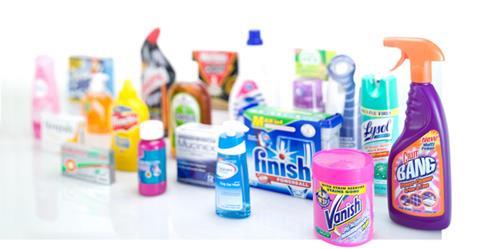
Reckitt Benckiser has posted a drop in first half profitability as mounting costs hit margins and revenues declined due to tough year-on-year comparisons.
Overall revenues for the first half were up 1.5% on a constant currency basis year-on-year at £6.6bn, but were down 1.3% at constant currency in the second quarter to £3bn, which was down 1% like for like and a drop of 8.2% on a statutory basis.
Reckitt said that excluding its China infant nutrition business like-for-like net revenue grew by 3.7% in the first half, which reflects volume growth of 0.3% and price / mix improvements of 3.4%.
Performance was driven by continued growth in hygiene, particularly in North America, offset by declines in health due to pantry loading in the comparative period, a weak cold and flu season and a continued competitive environment in IFCN China.
Two-year stacked like-for-like net revenue growth of 34.1% in hygiene, and 6.8% and 3.4% in health and nutrition (excluding IFCN China) respectively.
Reckitt said brands representing around 70% of net revenue grew by mid-single digits, but the remaining 30% which includes disinfection brands (Lysol and Dettol) and cold and flu brands (Mucinex, Strepsils and Lemsip) have been more impacted by COVID and declined by mid-single digits in the first half.
Adjusted operating profit in the first half fell 16% (9.6% fall at constant currencies) to £1.4bn, with an adjusted operating margin of 21.6% (down from 24.5% last year).
On a statutory basis it made a first half loss of £1.9bn, driven by a near £3bn charge from its agreement to sell IFCN China and a £165m loss on the sale of its Scholl business.
Reckitt said the competitive environment in IFCN China is increasingly challenging, while the margin decline also reflects continued investment and adverse product mix due to a weak cold and flu season which more than offset productivity savings and pricing.
Reckitt also said cost inflation accelerated in the second quarter and it will “take time to offset this headwind with productivity and pricing actions being implemented in the back half of the year and early next year”.
As a result it guided that these costs will largely offset the margin accretion from the disposal of IFCN China and it forecasts adjusted operating profit margin to be between 22.7% to 23.2% (40 to 90bps lower than the 23.6% reported for the full year 2020).
It also said the third quarter is likely to be slower due to stronger prior year comparators, therefore it continues to expect like-for-like net revenue growth to be within the 0-2% range set out in February 2021.
CEO Laxman Narasimhan commented: “Against a challenging environment, I am encouraged by the progress we have made in the first half of the year.
“The markets are dynamic, reflecting several factors which we are closely monitoring, including the prevalence of COVID strains and government guidelines such as new lockdowns and social distancing. Although the third quarter will be slower due to strong prior year comparators, as the world gradually opens up and socialisation returns, cold and flu trends indicate a moderate season which should strengthen performance in the fourth quarter.
“Cost inflation accelerated in the second quarter and it will take time to offset this headwind with productivity and pricing actions being implemented in the back half of the year and early next year.
“We are encouraged by the progress we have made to strengthen the foundations of the business and reposition ourselves for sustainable growth. We expect to exit 2022 with a revenue growth run rate in the mid-single digits as we make our way towards our medium-term adjusted operating profit margin target in the mid-20s by the mid-20s.”
Reckitt shares have sunk 7.6% today in response to the news.







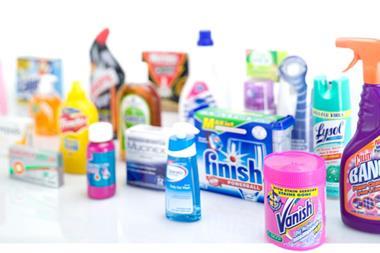
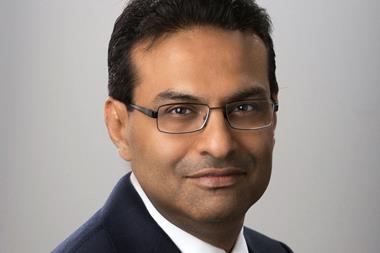

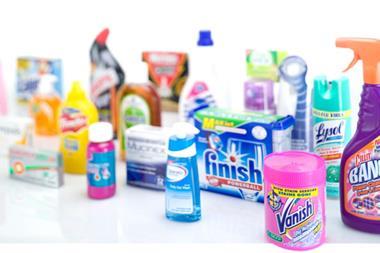
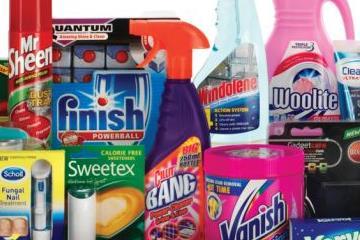
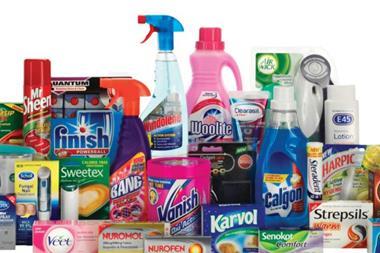






No comments yet